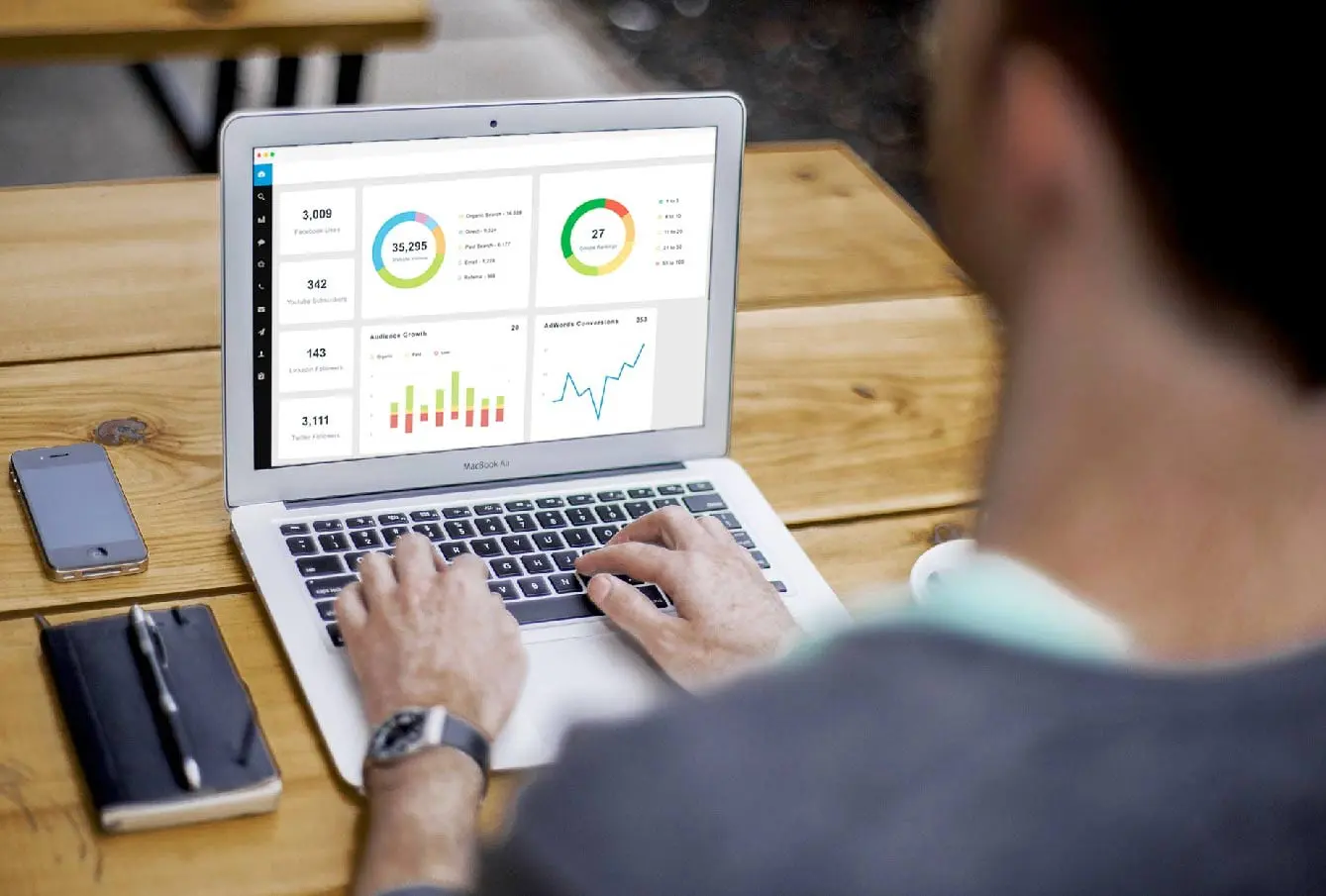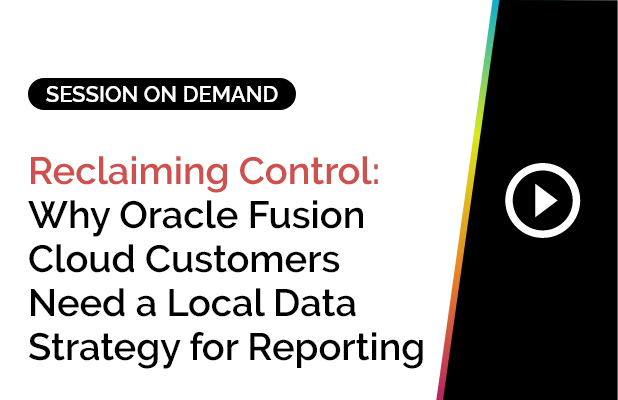What is Self-Service Reporting?
The relevance of data with the success of an enterprise goes hand-in-hand. What do we know about Self Service Reporting?
Well, the data is compelling. However, it is self-service reporting that offers all the access we require to the power. Comprehensive analysis is the prerequisite for IT leaders who face challenges with data accessibility that comes with the changing infrastructure management. With Self-Service Business Intelligence, you can profess about the future of your organization and gain access to thorough analysis, reports, and dashboards.
Business Intelligence (BI) solutions require individual users to be able to access reports and dashboards. The need to hire a data-scientist for every statistical move to be taken within an organization is increasingly becoming redundant. Providing users access to data to help them stay informed with the changing trends is what self service reporting is all about. It is irrelevant as to which domain or analytical background the user belongs.
Every company requires a self service reporting tool for the kind of benefits it offers. Not only to the end user, but for IT and the company itself.
Benefits of Self Service Reporting tool
- It improves flexibility and agility within the business departments by providing user independence.
- IT departments are not overloaded in data requests or drowned in information. Their primary and straightforward tasks are removed or reduced, which reduces their overall workload.
- IT department can focus more on value-added tasks and help the organization with a higher degree of expertise from their department.
- Tackle business problems at the right time with self service BI’s flexibility. The flexibility it offers to the users with the information is precious. With, ad hoc reporting, reports, and dashboards, once can take decisions time specifically.
- Efficiency is the key and the most promising attribute of self-service analytics tools; with it, there is minimal dependence on resources (external). It eliminates the rapid translation process and replaces it with business needs.
- Make quicker decisions based on data and compete with your competition in the forefront.
- IT is relieved of the tedious changing requests that come from various departments.
- Quick insights and data discovery are the primary mottoes of self-service business intelligence. It brings all the power to the users. Well, in the past enterprise space, traditional BI was rigid, slow, time-consuming and a burden for IT teams. That said, let’s weigh in the pros and cons that are making self-service reporting emerge and unleash the power of data and analytics.
Cons of Traditional BI |
Pros of Self-Service Reporting |
|---|---|
| The technology is way past its prime; it is around 20 years old. Traditional BI is a design with architectural limitations, i.e., memory, hardware, CPU, etc. The age-old use of filters, disk space access, aggregation, etc. requires a lot of technologies to support the architecture. | Advanced technology for any operations, any tasks are performed on the go, user independence. Reports and dashboards replace any raw data existing and give practical and time-saving information. |
| It has only a pre-defined view on data, before the users view the data, it gets aggregated. | Decreases longer turnaround times and improves productivity with predictive analysis. |
With the dreadful technology dying with age, business intelligence (BI) solutions are paving the way to transitioning and replacing the traditional BI. Users require advanced analytics and search-based analytics. The liberation from conventional systems and access to easy-to-use tools helps the users to gain access to data and flexibility in performing operations.
Can they two co-exist?
Many organizations use both the business intelligence tools, traditional and self-service BI. That is to say; it is a common practice for businesses to perform their daily business operations, for functional reporting with conventional BI.
Traditional BI is still great for a few organizations for dash boarding and compliance reporting. Organizations that have been using traditional BI for a long time still use it to seek answers about what happened back then.
With the changing dimensions, what users require is individual power. That being said, traditional BI is not designed to provide the users what it wants most. Which is the reason for self-service to be the preferred one?
Summing it up
Speaking for the companies that are using both models, traditional BI and the self service BI still co-exist. The changing trends and increasingly rising numbers of data volumes, and the simultaneous growth of the competitive business needs will bring the user to the center of everything. User will become the most important part of business intelligence.
Proving the user with good BI tools, independence, access to data, applications, solutions, everything at the end is what will elaborate business and their solutions. Users require getting answers to questions in a jiffy, and anything time consuming is wasting money. This leaves no chance or reason for enterprises to keep away from the self-service business analytics software and not catch up. If you’re looking for the future, it’s in it.













